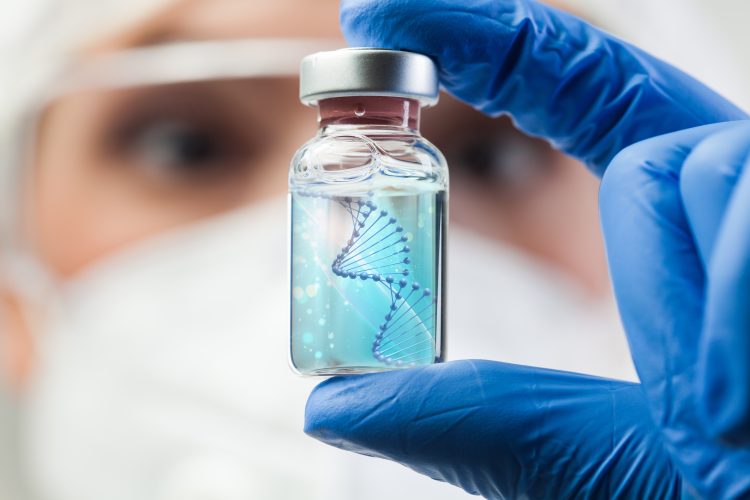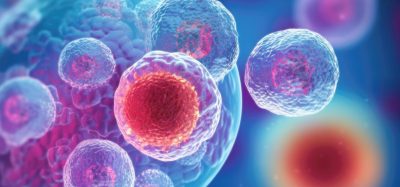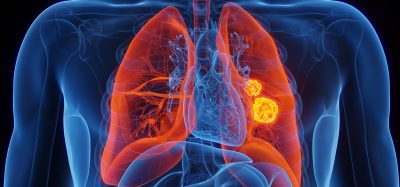New M13 virus method could change future genetic treatments
Posted: 26 August 2025 | Drug Target Review | No comments yet
Researchers at the University of Waterloo have developed a modified bacterial virus that can deliver gene therapies cheaper and more efficiently – moving us closer toward personalised, affordable genetic medicine.


Researchers at the University of Waterloo’s School of Pharmacy have developed a new method using a modified bacterial virus to deliver gene therapies cheaper more efficiently. The team focuses on a bacterial virus called M13 – which can target specific human cells while carrying only the therapeutic genes – eliminating any unwanted virus or bacterial material.
The study, published in Molecular Therapy Nucleic Acids, allows scientists to fine-tune M13 to deliver different therapeutic genes – potentially treating a wide range of diseases.
The need for accessible treatments
About one in 25 people has an inherited disease. Despite this prevalence, many genetic conditions lack effective treatments and are still incurable. The Waterloo team believes their method could address not only inherited disorders but also acquired conditions – including some forms of cancer.
Biomarkers aren’t just supporting drug discovery – they’re driving it
FREE market report
From smarter trials to faster insights, this report unpacks the science, strategy and real-world impact behind the next generation of precision therapies.
What you’ll unlock:
- How biomarkers are guiding dose selection and early efficacy decisions in complex trials
- Why multi-omics, liquid biopsy and digital tools are redefining the discovery process
- What makes lab data regulatory-ready and why alignment matters from day one
Explore how biomarkers are shaping early drug development
Access the full report – it’s free!
The Waterloo team believes their method could address not only inherited disorders but also acquired conditions – including some forms of cancer.
“There is a real need for customisable gene therapies to address the gap in treatments,” said Dr Roderick Slavcev, a professor in Waterloo’s School of Pharmacy.
“What’s exciting about M13 is that it is very simple genetically and structurally, a single-stranded DNA phage. This simplicity allows for a cost-effective, efficient, and controllable approach to gene therapy that may represent a step towards personalised gene therapy.”
Limitations of current gene therapy
Current gene therapies – which often use modified viruses to deliver genetic material –have successfully treated some eye and immune system disorders. These therapies replace, repair or turn off faulty genes to restore normal cell function.
However, traditional viral methods are expensive and can trigger toxic side effects, including unwanted immune responses, restricting them to a single use per patient. Non-viral methods, while safer and cheaper, struggle to deliver genetic material efficiently.
“At scale, this platform can lead to treatments that could cost as low as one-millionth the cost of current viral gene therapies,” Slavcev said.
Potential future applications
Dr Slavcev and the Waterloo team’s work highlights how re-engineering a simple bacterial virus could move us toward safer, cheaper and more versatile gene therapies. By refining M13 into a controllable delivery system, researchers aim to overcome the cost and safety barriers that have limited current approaches. While further testing is needed, this platform could expand treatment options for both rare inherited conditions and widespread diseases such as cancer, stroke and Alzheimer’s – bringing the possibility of accessible, personalised gene therapy closer to reality.
Related topics
Bacteriophages, Drug Discovery Processes, Gene Therapy, Molecular Biology, Personalised Medicine, Precision Medicine, Translational Science
Related conditions
Inherited diseases
Related organisations
University of Waterloo








